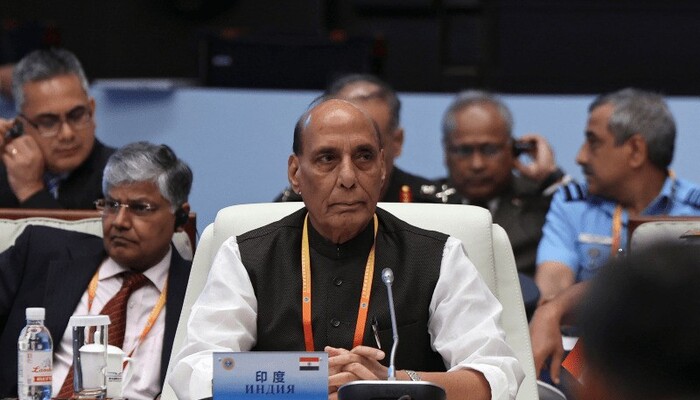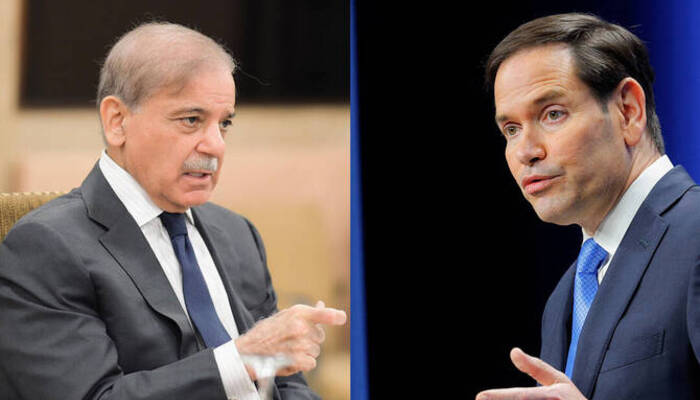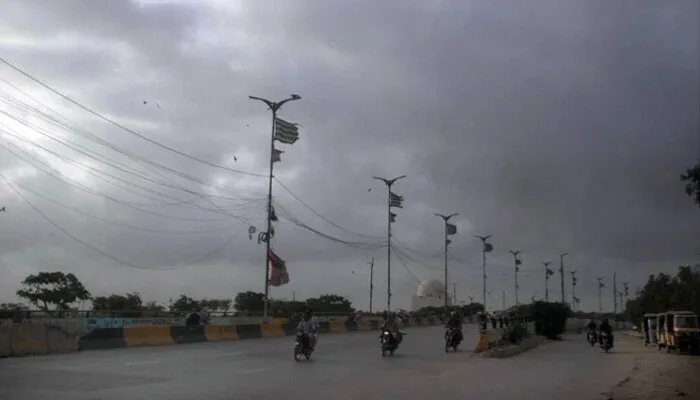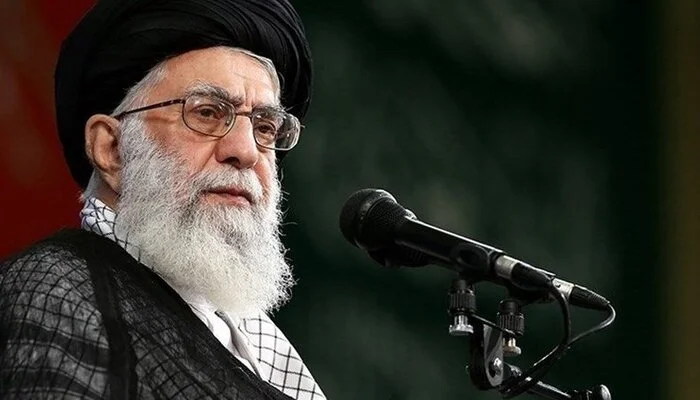
The United States has urged both Pakistan and India to de-escalate tensions following an uptick in military confrontations. Vice President JD Vance said that while the US can encourage dialogue between the two nuclear-armed nations, it cannot control their actions or intervene directly in the conflict.
“We can try to encourage them, but we can’t control these countries,” Vance stated, emphasizing that the US would not get involved in the middle of a potential war.
The request for de-escalation comes amid escalating military tensions between Pakistan and India. Both countries have been on high alert following a series of recent airstrikes, with both sides accusing each other of aggression.
Pakistan has claimed that its fighter jets brought down two Indian aircraft in the ongoing conflict, with US officials confirming these reports. According to Pakistan’s military spokesperson, Director-General of Inter-Services Public Relations (DG ISPR), the country’s J-10 fighter jets were responsible for the successful downing of Indian jets. The claim has been supported by some US intelligence sources, adding weight to Pakistan’s assertion.
The situation has drawn international concern, especially given both countries possess nuclear weapons. Military analysts fear that an all-out war between the two rivals could have devastating consequences, not just for the region but for global security.
Read: Leo XIV Becomes Pope, Urges Global Peace
Diplomatic Efforts to Avoid Conflict
The US has been working behind the scenes, calling for restraint from both nations. Vance underscored that the US would continue to push for peace talks, but any direct intervention would not be feasible. “We do not have the ability to control the situation directly. It is up to Pakistan and India to de-escalate,” he explained.
Despite the US’s encouragement, both countries have shown reluctance to back down. India has yet to confirm any losses in the latest military engagements, and official statements from New Delhi have remained largely absent.
Pakistan’s military spokesperson has also made strong statements, warning that Pakistan’s retaliatory actions could have lasting global repercussions. “Pakistan’s strike will echo globally, and no further announcements would be needed,” the DG ISPR said. He added that Pakistan would not hesitate to defend itself against any perceived threats.
Concerns Over Escalation
The global community remains worried about the potential for further escalation. As both countries exchange airstrikes, the risk of a larger conflict grows. Analysts warn that the lack of communication and the growing mistrust between the two governments could lead to a catastrophic war.
The presence of nuclear weapons in both nations only heightens the stakes. The prospect of nuclear escalation is a concern that has drawn widespread international attention. The UN has called for both countries to avoid military escalation and seek peaceful resolutions.
Meanwhile, some military experts have focused on the role of drones in the conflict. Israel’s Harop drones, which were recently used by India in its operations, have been described as a potent tool in the arsenal. However, Pakistan’s military forces successfully shot down these drones, demonstrating their growing capability to defend against advanced aerial threats.
International Calls for Calm
The international community, including major global powers, has called for both Pakistan and India to pull back from the brink of war. Several countries have emphasized the importance of dialogue and have urged both governments to focus on diplomacy rather than military action.
However, the likelihood of a peaceful resolution remains uncertain. With each side continuing to accuse the other of aggression, and with military actions escalating, the situation remains highly volatile.
As the US continues to push for de-escalation, the world watches closely, hoping that both Pakistan and India will heed the calls for peace and avoid further military conflict. The stakes are high, and the consequences of inaction could be catastrophic, not just for the two countries involved but for global security as a whole.
Follow us on Google News, Instagram, YouTube, Facebook, Whats App, and TikTok for latest updates
















